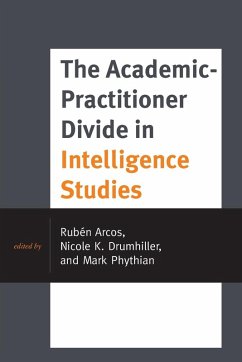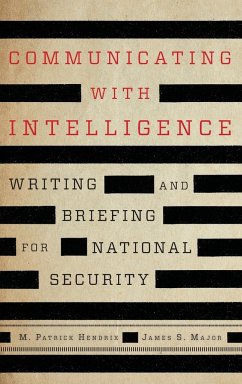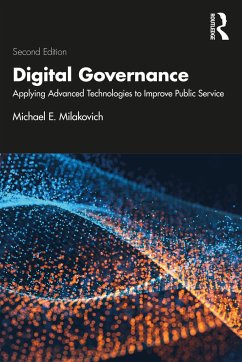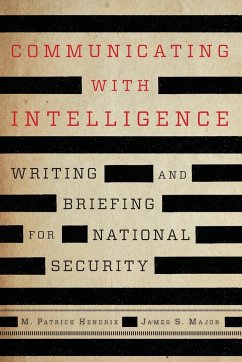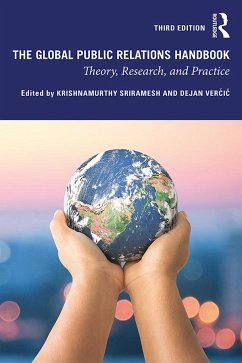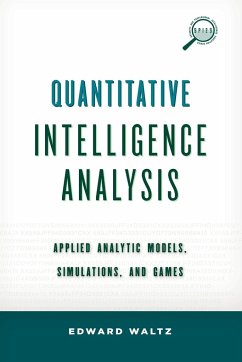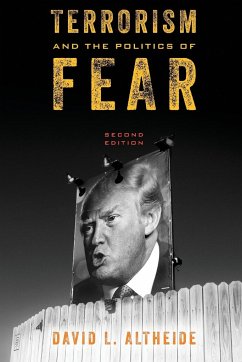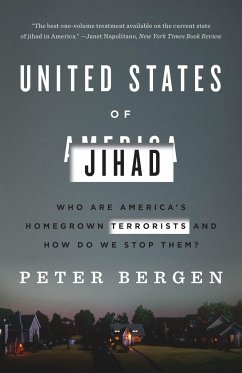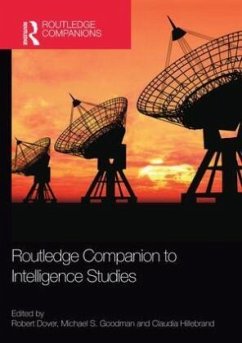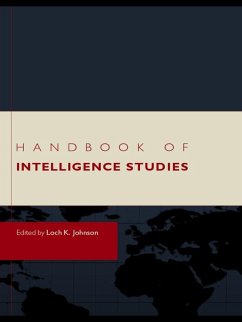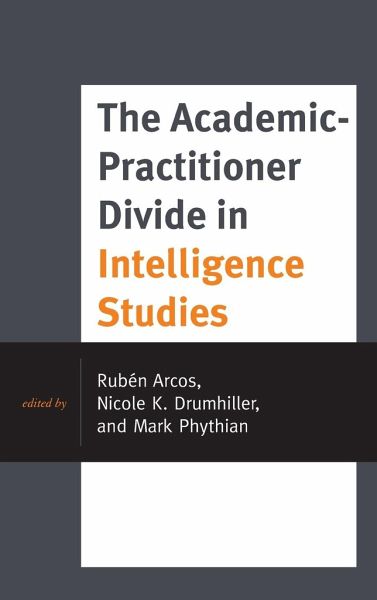
Academic-Practitioner Divide in Intelligence Studies

PAYBACK Punkte
63 °P sammeln!
The profession of intelligence and those delivering intelligence education share a common aim of developing intelligence as a discipline. However, this shared interest must also navigate the existence of an academic-practitioner divide. This book provides a range of international approaches to navigate the academic-practitioner divide.





